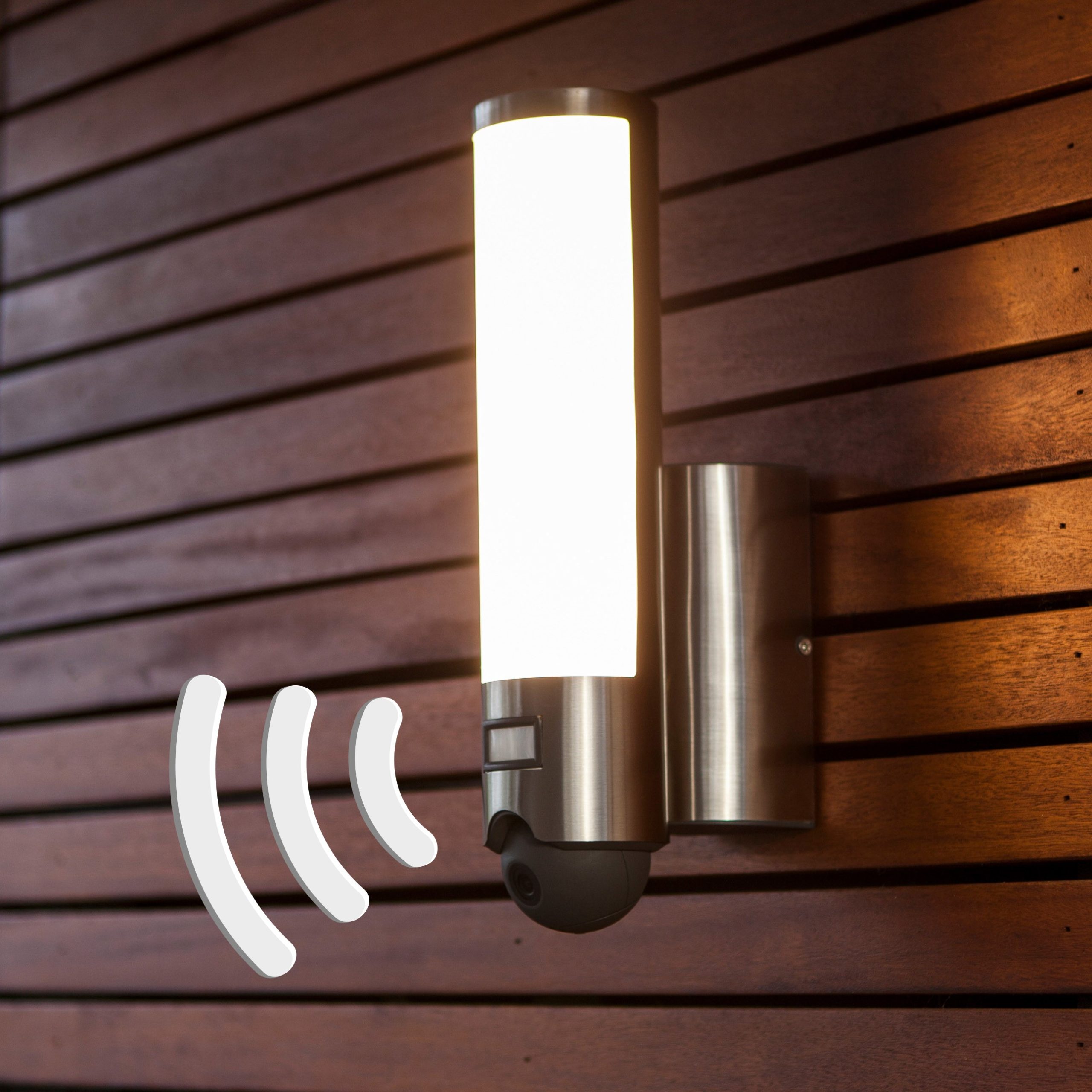The average UK electricity bill for a three or four-bedroom home is £590 a year according to UK Power, and many homeowners will be aiming to cut back on this expense. Switching suppliers might seem like the most effective solution, but there are also small changes a homeowner can make to cut back on expenses.
Reducing Consumption
Installing energy efficient lighting and motion sensor lighting can cut down on energy expenses and add value to your home when it goes on the market. Unplugging phone chargers and other electronic devices when not in use can also cut down on energy use.
Smart meters are another conservation method to cut down on utility expenses. These smart meters are a replacement for outdated estimated readings, and instead, they provide precise minute-by-minute utility readings. The government has begun the push for gas and electricity companies to install the meters, and they say it could save Great Britain up to £40 billion between now and 2050.
So, if your house is yet to be fitted with a smart meter, you could be paying extra toward your utility bills due to imprecise meter readings. Also, it cuts the need for meter readings out and saves time.
Another energy-cutting tip is to replace old appliances with newer, more energy efficient models. Upgrading to A+ or A++ washing machines and dishwashers can increase energy efficiency anywhere from 25-60% and result in significant household savings. Energy ratings depend on size, so downgrading to smaller appliances is also a great way to save money on electricity.
As the world becomes more dependent on technology, we also forget about the drain our electronic devices have on our electricity. Being more conscious about charging and turning off gadgets that are not in use can save a household an estimated £50 to £80.
Switching Provider
However, in the end, many will find the best way to save money on utilities is to switch providers. Price comparison tools such as Money Super Market allow consumers the ability to compare a wide range of options in your area.
Different rates are available to consumers and fixed or variable rates can impact how much you will pay in the future. Fixed rates offer stability and safety from price hikes, but a variable rate can see benefits in the form of a lowered rate.
The government reports annual savings of up to £300 for switching providers, so while cutting energy consumption can make a dent in your bill, switching providers can result in huge savings. In order to save money, the government offers a variety of comparison tools to make the best choice.
However, switching providers may not satiate the environmentally friendly crowd, and energy efficient solutions may be the right investment if you are willing to pay more upfront to reduce your energy consumption and carbon footprint.



 Bitcoin
Bitcoin  Ethereum
Ethereum  Tether
Tether  XRP
XRP  USDC
USDC  Solana
Solana  Cardano
Cardano  TRON
TRON  Lido Staked Ether
Lido Staked Ether  Toncoin
Toncoin  Avalanche
Avalanche